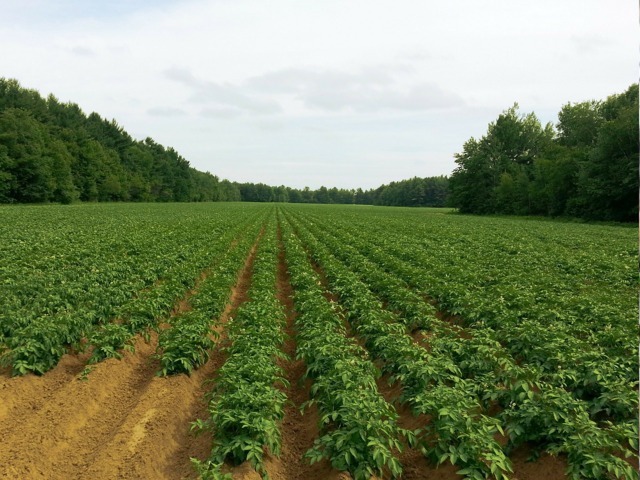 Since 2007, Saskatchewan’s economy has grown dramatically, due primarily to revenue from natural resources, such as petroleum products and potash. The potash industry was threatened with collapse this year when Russian-based Uralkali, one of the world’s largest potash producers, left a cartel supporting potash exports.
Since 2007, Saskatchewan’s economy has grown dramatically, due primarily to revenue from natural resources, such as petroleum products and potash. The potash industry was threatened with collapse this year when Russian-based Uralkali, one of the world’s largest potash producers, left a cartel supporting potash exports.
Potash is a type of salt that contains potassium, and it is used primarily to manufacture fertilizer, although it has also been used to bleach textiles, to make glass, and to make soap. Nearly one-half of the global potash reserves are found in Saskatchewan. China and India represent the key markets for fertilizer requiring the potash production in the province.
Belaruskali of Belarus and Uralkali had been partners in the cartel that controlled about 40 percent of the world’s potash exports. In July, Uralkali announced it was withdrawing from the cartel and alleged Belarus’ violation of their joint agreement for potash delivery. Upon the announcement, China and India delayed purchases in anticipation of price cuts, and the repercussions sent demand for potash downward. Subsequent effects were felt in workforce reduction layoffs and suspended production.
Following the August arrest of former Uralkali CEO Vladislav Baumgertner and his extradition to Russia, Uralkali, now under new ownership and management, has resumed cooperation with Belarus. An announcement of the reconciliation and restoration of joint marketing of potash fertilizers was made on 27-December-2013, in a news conference led by the Russian ambassador to Belarus, Alexander Surikov.
Despite the detrimental impact caused by the Uralkali cartel disruption, Premier Brad Wall remains positive for 2014. He emphasized, in comments made to The Canadian Press, that, the importance of looking at the economy as a whole and not evaluating the entire economy based on the performance of one sector. He acknowledged that the economic boom may be slowing; however, job creation remains consistently high across other industries, even when one sector, such as natural resources is less productive.

